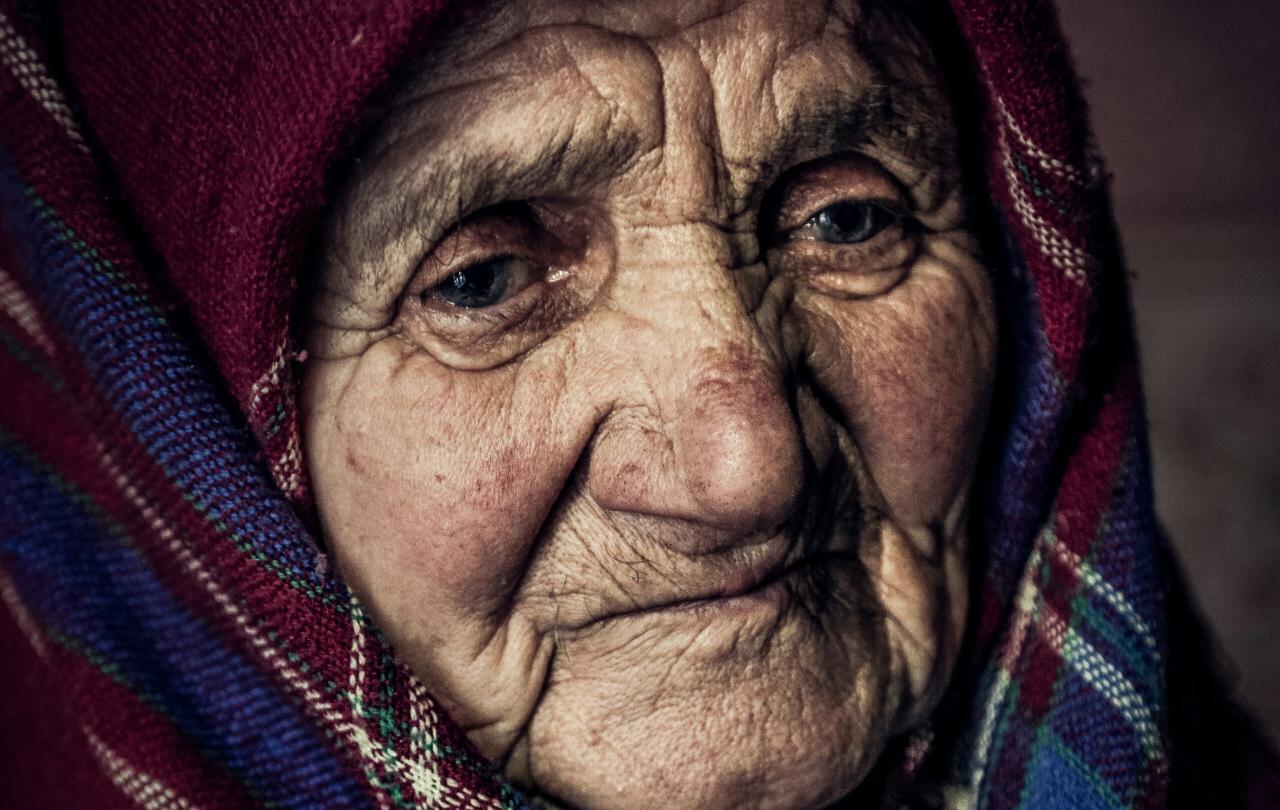
Well, there we have it. It’s done. Donald Trump has won. History has been made.
Today, and for the days to come, there will be celebrations on the streets. There will be weeping on them, too. And that is somewhat of a miracle.
Earlier in the year, I interviewed a political theologian, Professor Luke Bretherton. It was, and still is, the most enlightening conversation about politics I have ever had. It was for an episode of our Re-enchanting podcast, which is apt, because that’s exactly what it did for me. Luke was able to scoop me up out of political disenchantment and remind me just how miraculous of a thing true democracy is – even if, no, especially if, it doesn’t go the way we hoped.
What should you do if you’re feeling bereft about the result of this almighty election?
Well, I should imagine there are a number of things – but one of them could be to acknowledge the imperfect, rare, paradoxical, beauty of such a feeling.
I’ll let Luke explain a little better, shall I? Here’s a snippet from the Re-Enchanting episode (recorded months before this American election), you can find the full episode here.
But, for now, if you should need it, allow Luke’s wise perspective to be a balm for your sad soul.
Politics is really the name for the formation of a common life. We can't survive, let alone, thrive as humans without others, and so, to have any kind of life - let alone a flourishing life – you’ve got to form a common life with others. As soon as you do that, as soon as you try to navigate and negotiate some form of common life, you’re going to come up against people that you dislike and disagree with.
At that point, you have a choice of one of four things: you can either kill them, which of course, appears to be the solution throughout a lot of history. You can make life so difficult that you cause them to flee, you can create a system to coerce them – to get them to do what you want without having to listen to them, without having to negotiate a common life with them. Or you can do politics; you can negotiate some form of common life without killing, coercing or causing to flee. And those really are the only options. We make it very complicated, but that’s really what’s going on.
Are you going to form a common life with people? Or are you going to kill them, coerce them, or cause them to flee? I think Christians should be pretty invested, both for theological reasons and for practical reasons, in the option of doing politics. Part of that politics is what we might call statecraft – laws, bureaucracies, parliaments – but politics is wider, simpler, and more important than that. It’s a social practice through which we form a common life.
And our commonalities may not outweigh our differences… we can have very real differences. As we know from a Christmas dinner, or a thanksgiving meal, the uncle who drives you bonkers is also the person who passes you the Brussels sprouts. So, it’s learning that we can hold tension, that life is complex, that people have multiple loyalties and that politics is the negotiation in the midst of multiple loyalties, ambiguities and tensions. Otherwise, politics dehumanises others and ourselves.
And so, the act of voting is, in itself, an act of loving your neighbour. Because, if you’ve voted, you’re not looking to bomb, torture, or kill in order to get your way.
And this is beautiful.
It’s an extraordinary paradox, it’s called the loyal opposition: if you lose the election, you’re prepared to stand on the opposite benches. You don’t take to the hills because you don’t like the results.
It’s the water we swim in, and so we don’t see the miracle of that, the miracle of agitational solidarity. The notion that I can be utterly opposed to your view on tax deferential policies but I won’t kill you.
That’s a rare thing in human history.
Let’s just take a moment to realise the miracle of that.





